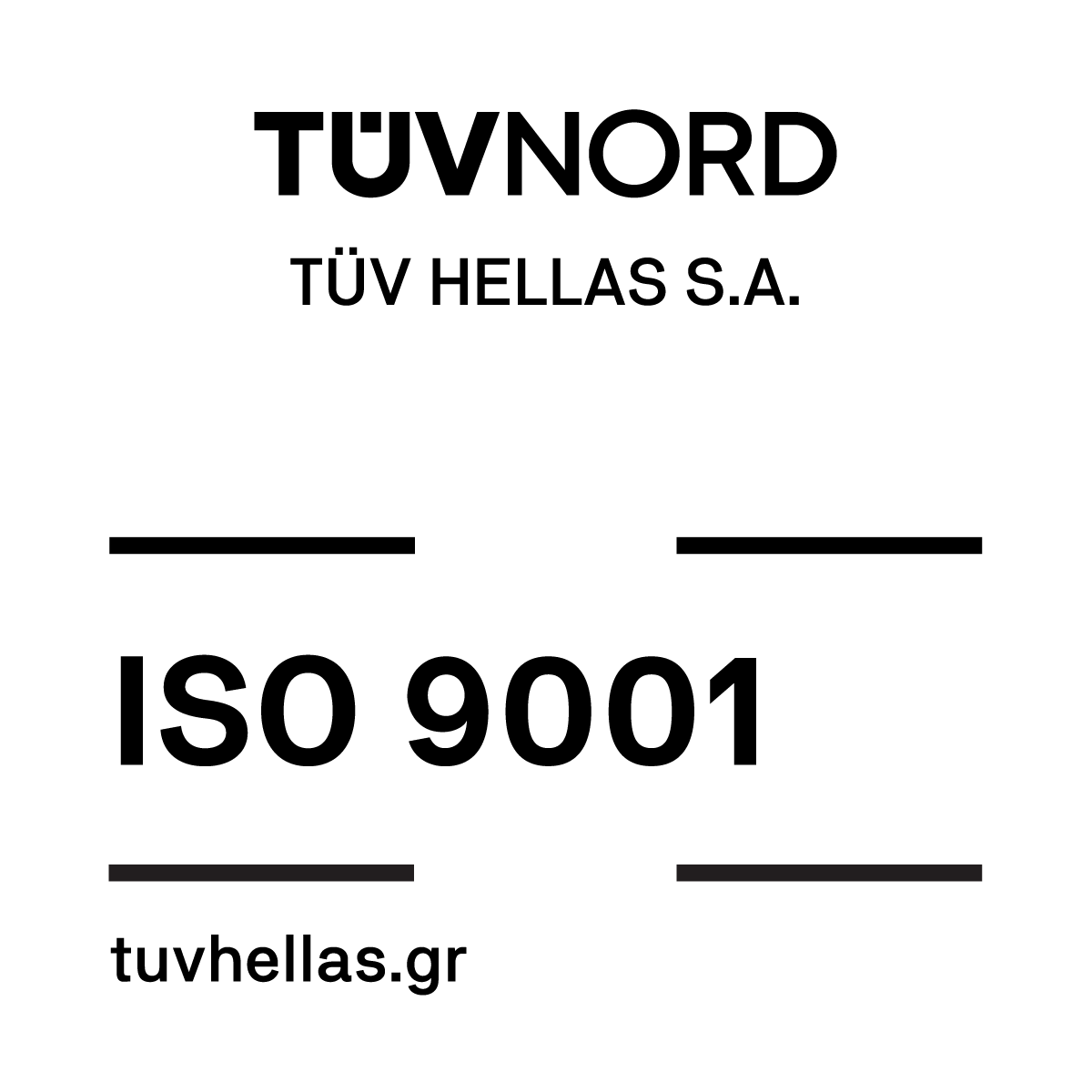Εκδηλώσεις

06.11.2024
12.00
12.00
Σεμινάριο με τίτλο "CHOPIN: where mythology, particles, clouds and climate meet."
Το Σεμινάριο θα πραγματοποιηθεί στο Αμφιθέατρο του Συνεδριακού Κέντρου του Ινστιτούτου Επιστημών Χημικής Μηχανικής (ΙΤΕ/ΙΕΧΜΗ), οδός Σταδίου - Πλατάνι Πάτρας, την Τετάρτη 6 Νοεμβρίου 2024 (ώρα 12.00).
Ομιλητής: Δρ. Αθανάσιος Νένες, Καθηγητής Ατμοσφαιρικών Διεργασιών και επικεφαλής του Εργαστηρίου Ατμοσφαιρικών Διεργασιών και των Επιπτώσεών τους (LAPI) στην École Polytechnique Fédérale de Lausanne, Ελβετία.
Το σεμινάριο θα διεξαχθεί στην αγγλική γλώσσα.







